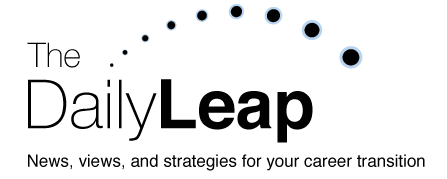- Strengths and weaknesses: Nearly every interviewer will ask you something about your personal strengths and weaknesses, so it would be wise to have answers for these topics handy. Regarding your strengths, take a psychometric assessment such as the Strengths Finder 2.0 to obtain an objective appraisal performed, then add to it with examples of how those strengths manifest themselves in your work. For your weaknesses (or your strengths), complete a 360 degree evaluation of yourself to find areas of development, and address those areas in an interview and what you are doing to correct them.
- Successes and failures: You will almost always be asked about your successes and failures as well, so as you go about your work make note of those projects that have been successful and the role that you played in them. The more successful projects that you led or provided substantial direction with, the better. Conversely make note of those projects that were not successful and what you learned from them. Both of these areas are essential topics for an interview.
- Work style and environment: Be sure to have an answered prepared about your work style and ideal work environment. Do you like to be given a lot of direction or minimal? Do you prefer to frequently work with groups of people are you more of a solo contributor? Do you thrive in a fast-paced environment or one that is more slow and steady? Or do you like to work for larger organizations or smaller ones? Be prepared with answers to these and similar questions with clear, concise examples.
- Working with others: Regardless of whether or not the job is strongly team-based, you will likely have to work with other people. Think about your experience working with others - including times you have had to professionally confront problems, work with a team, and had to work through divergent opinions - and prepare answers for them.
Monday, October 15, 2012
Four Interview Topics to Keep in your Back Pocket
In a recent Daily Leap post we recommend that you have a current resume ready at all times. This is excellent advice for the reasons detailed in the post. Just as important as keeping a current resume handy are topics that can be used in an interview. When you are interviewed, you are asked questions about your work style, experience, character, decision-making, and other aspects about yourself. Keep from struggling to come up with answers by focusing in on these four broad areas, ones where - if you reflect on them regularly - you will be able to interview with ease.
Subscribe to:
Post Comments (Atom)

No comments:
Post a Comment